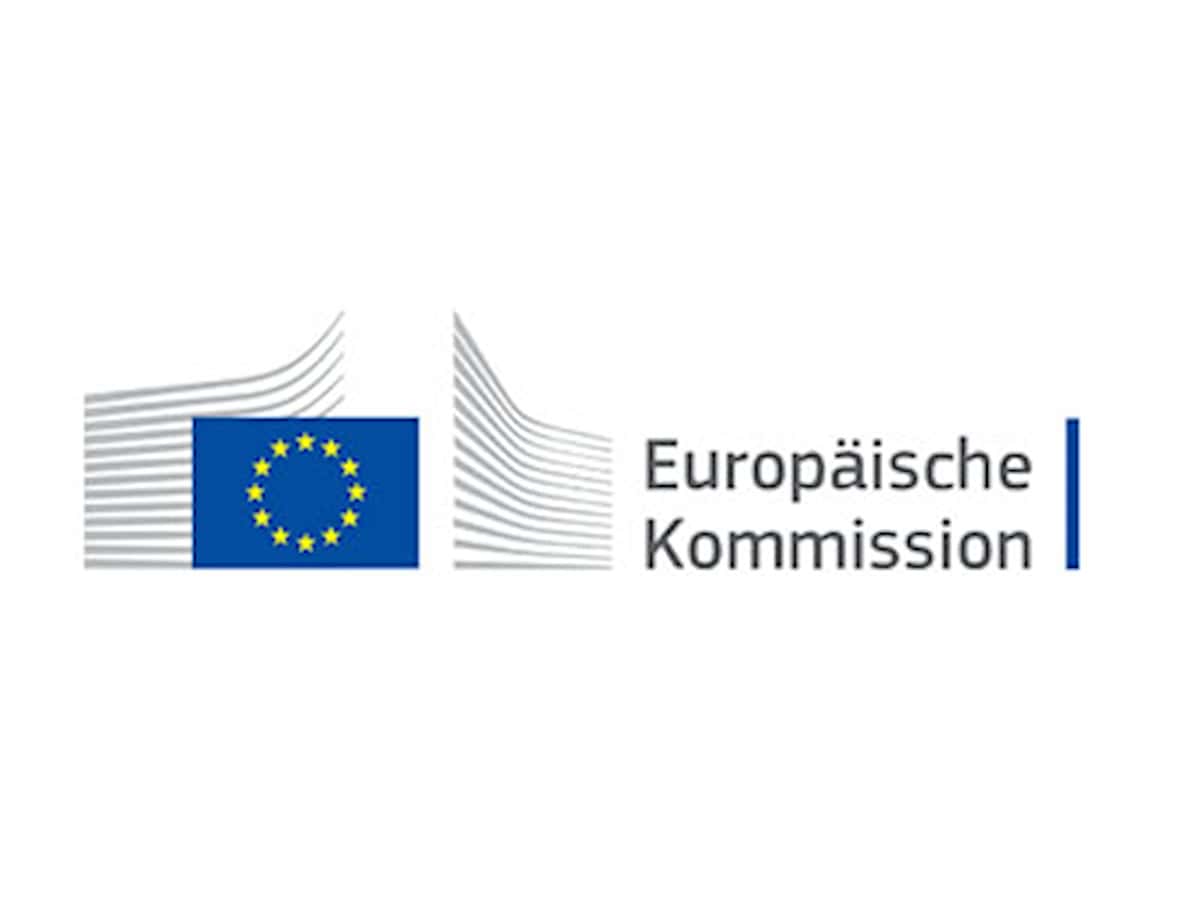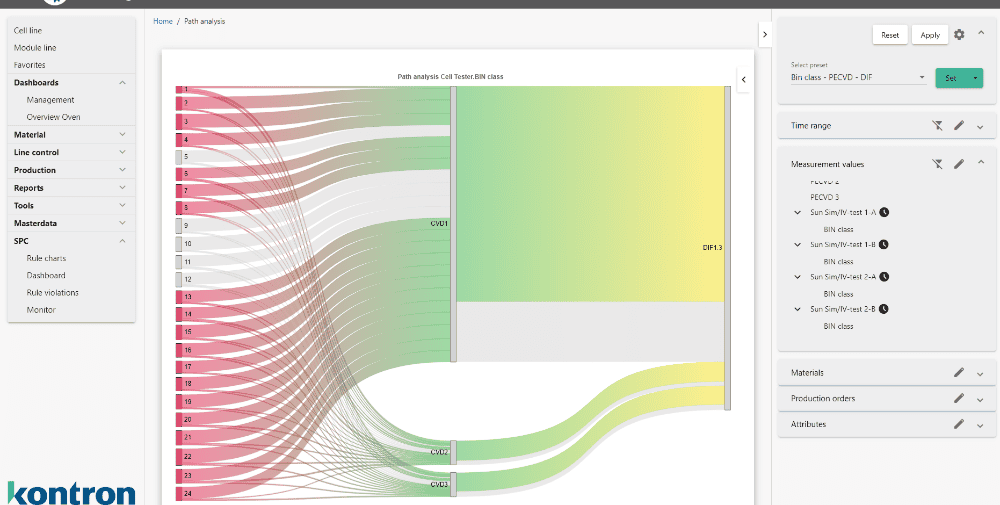
Through proactive steps in quantum computing, it is well ahead of the game. However, the largest EU member state must continue to improve digital public services, digital skills and coverage of high-performance networks.
Digital infrastructure/connectivity target area
The report shows that some progress has been made in the EU. However, the expansion of connectivity infrastructure, such as fibre optic and standalone 5G networks, is still lagging behind.
Digitalization/AI target area
More and more companies are using artificial intelligence (AI), cloud services and big data. However, their introduction must be accelerated.
Target area Digital skills
A little more than half of Europeans (55.6 percent) have basic digital skills. The availability of ICT professionals with advanced skills remains low and there is a strong gender gap that hinders progress in key areas such as cybersecurity and AI.
Target area Digitalization of key public services
In 2024, the EU has made steady progress in the digitalization of key public services. But a significant part of public authorities’ digital infrastructure still depends on service providers outside the EU. The data shows persistent challenges such as fragmented markets, overly complex regulations, security risks and strategic dependencies. Further public and private investment and easier access to venture capital for EU companies would accelerate innovation and foster its diffusion.
Further steps
The Member States will examine the Commission’s recommendations and discuss with it the way forward. In 2026, the Commission will review the objectives of the Digital Decade Policy Program (DDPP) to assess whether they still reflect the changing digital landscape and meet the requirements of the EU’s priorities and ambitions.
– – – – –
Further links
👉 https://germany.representation.ec.europa.eu
👉 Report on the State of the Digital Decade 2025
👉 Report on Germany
Photo: pixabay




